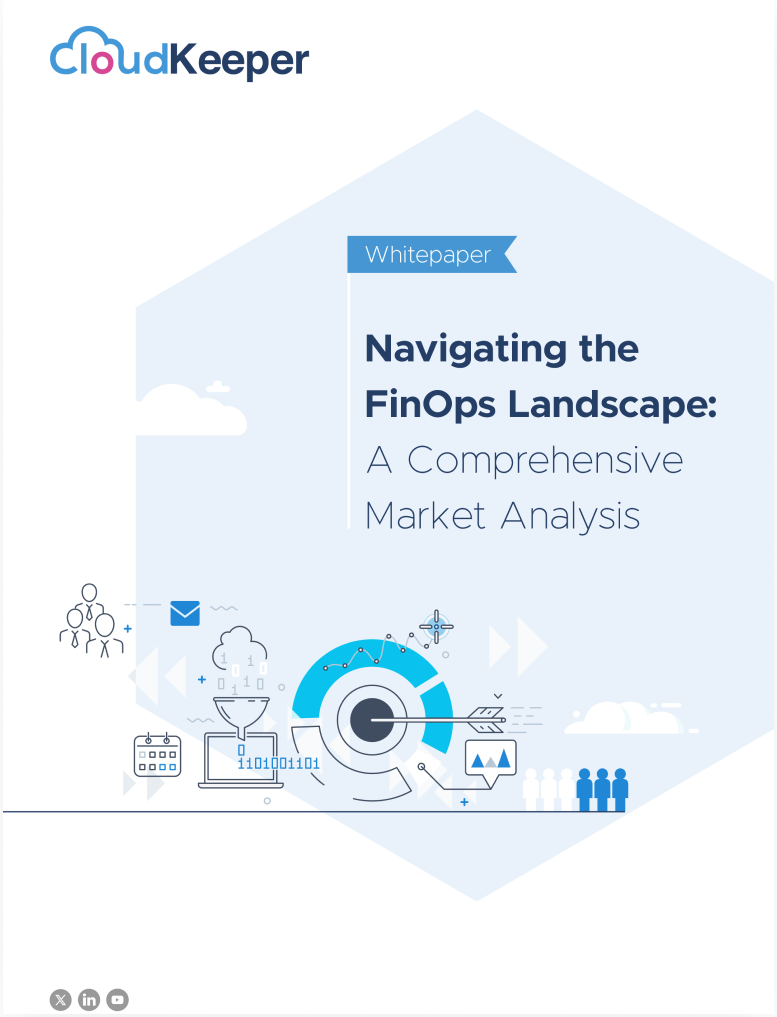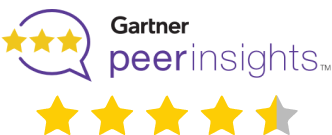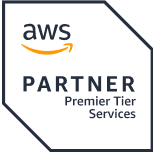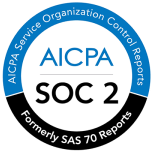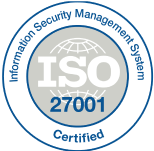The cloud computing landscape has been changing over the years & consequently, the concept of FinOps has also been evolving. New technology & innovations are being added to the existing FinOps ecosystem. There are doubts about how best one can implement FinOps in their organization. In our second chapter of FinOps Spotlight, we talk to Dieter Matzion, Sr. Cloud Governance Engineer at Roku, about some quick takeaways for someone embarking on their FinOps journey.
Dieter Matzion is a member of Roku's Cloud Technology and Infrastructure team, supporting Cloud FinOps across AWS, GCP, and Azure. He has over 30 years of technical expertise working with companies like Google, Netflix, and Intuit. In his line of work, he has supported the AWS cloud cost optimization program, the development of Netflix's rhythm and active management of AWS, and capacity planning and resource provisioning for the Google Cloud offering.He also developed demand-planning models and automation tools for capacity management at Google. Dieter holds an M.S. in computer science.
Read his interview and learn more about how to tackle your FinOps challenges from Dieter himself.
Q1. What are your suggestions for someone who is beginning their FinOps journey?
For someone new to the FinOps journey, get FinOps Practitioner Certificate from the FinOps Foundation. This step will ensure that people know your skills.
Q2. Can you highlight key strategies or shifts in mindset that you believe have been instrumental in FinOps evolution?
Looking around today, we see that most IT is still in data centers. As more organizations migrate to the cloud, we will see a constant stream of people new to FinOps. On the other hand, we see more FinOps experts advancing with technology and automation.
Q3. What features should one look for while selecting from the available FinOps tools in the market?
Prepare a list of all the FinOps requirements for your organization. Then, you look at multiple vendors for each requirement and select the best fit for your organization.
Without executives understanding, many of your FinOps activities will be performed in a void.
Q4. What, in your opinion, is the key to successfully implementing cloud FinOps in a business?
Executive support within your organization is a must. Without executives understanding that the cloud needs to be continuously optimized, many of your FinOps activities will be performed in a void.
Q5. Are underutilized resources also a challenge for your business? How do you tackle it?
They are not a challenge for us. When I started, we had less than 1% of cloud waste. However, we see cloud waste of up to 30% across industries. To address this issue, ask your cloud account management team for a waste report to get an initial idea of where you are with cloud waste. You can then build a few waste sensors and small scripts that collect waste data and expand from there.
Q6. What are the most common things that engineers overlook in the context of cloud cost optimization?
The data transfer charges are at the top. Following that are the production configurations used in Dev, QA, & Staging environments, which overprovision these further.
Q7. Could you suggest low-hanging fruits for cloud cost optimizations and Finops?
For immediate cloud cost savings, businesses can centrally manage the Savings Plans (AWS), Reserved Instances (AWS), Committed Use Discounts (GCP), and Reservations (Azure).
Q8. What are the KPIs you track to keep a check on the Cloud FinOps health?
The KPIs we track are Cost per vCPU per hour, Cost per GB stored, and Cost per Streaming Hour.
Q9. What are the new FinOps trends you are most excited to see in 2024?
The FinOps trend of 2024 that I am looking forward to is how artificial intelligence and large language models will change how we do FinOps.
At CloudKeeper, we share knowledge, best practices, and lessons learned to empower our readers to make informed decisions, overcome challenges, and achieve their cloud goals.
Focusing on practical strategies and real-world insights from FinOps practitioners & influencers, our interview series explores the evolving role of FinOps in today's cloud-centric ecosystem and helps our audience navigate changes and adapt to evolving cloud landscapes proactively.
